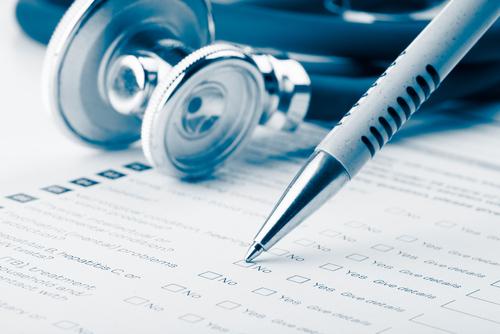For consumers, the new digital health lifestyle comes with one string attached: They may be required to share a lot more personal information so the issue of digital trust has come to the forefront. The reality for consumers is that their personalized health data not only has value to them but also to health plans, health systems, providers, employers, governments and retailers.
For consumers, the new digital health lifestyle comes with one string attached: They may be required to share a lot more personal information so the issue of digital trust has come to the forefront. The reality for consumers is that their personalized health data not only has value to them but also to health plans, health systems, providers, employers, governments and retailers. Whether it be providers looking to deliver appropriate care, health plans and employers targeting health programs, or retailers creating targeted marketing programs, consumer health data is a coveted asset. With the prevalence of connected health devices, wearables, home monitoring devices, genetic testing and eventually implantables, the days of real time personalized health data is not far away.

Without question, consumers across all demographics are leery of the impact technology will have on the privacy and security of their personal information. This will be a boundary that the companies that obtain and use data will repeatedly have to test, navigate and respect. And yet for all the concern, consumer appetite for revealing personal information is changing—they are growing more comfortable with the risks as the rewards become more appealing.
What do consumers think about various health industry players having and using that data ? Are consumers open to this data being provided and used and what role do financial rewards in helping consumers overcome concerns? The short answer is: consumers have significant concern about use and privacy, but the vast majority overcomes those concerns if they can receive a financial reward.
Here are some highlights when consumers are asked what impact a financial reward would have on sharing personal health data:
- Based on who has access:
- 70 percent would share if data was used only by their providers
- 65 percent would share if the provider complies with data protection laws
- only 26 percent would share if the provider shared data with a third party
- Shared with Health Plan: If their data was shared with heath plan:
- 75% would have a blood pressure check
- 68 % would undergo blood sugar or cholesterol tests
- 49% would undergo genetic tests
- Wearables: 50% would share their data received from wearables
- Employees: 51% would share their data with their employer
- Non-Healthcare: 55% of shoppers internationally would share personal information with companies in exchange for relevant rewards. That willingness is uneven across international markets. Close to three-quarters (74 per cent) of respondents from India are open to providing their personal details, compared to only one-third of more skeptical Germans (39 per cent).
Cell phones and social media offer a portal into consumers’ willingness to share information with each other and with brands in exchange for rewards. Like those industries, while consumer concerns may lessen over time, the reality is that the use of their personal health and related data will continue to be hot topic with consumers themselves as well as regulators. The bottom line: consumers have shown a willingness to overcome their concerns and issues when a financial reward is provided.
health data / shutterstock